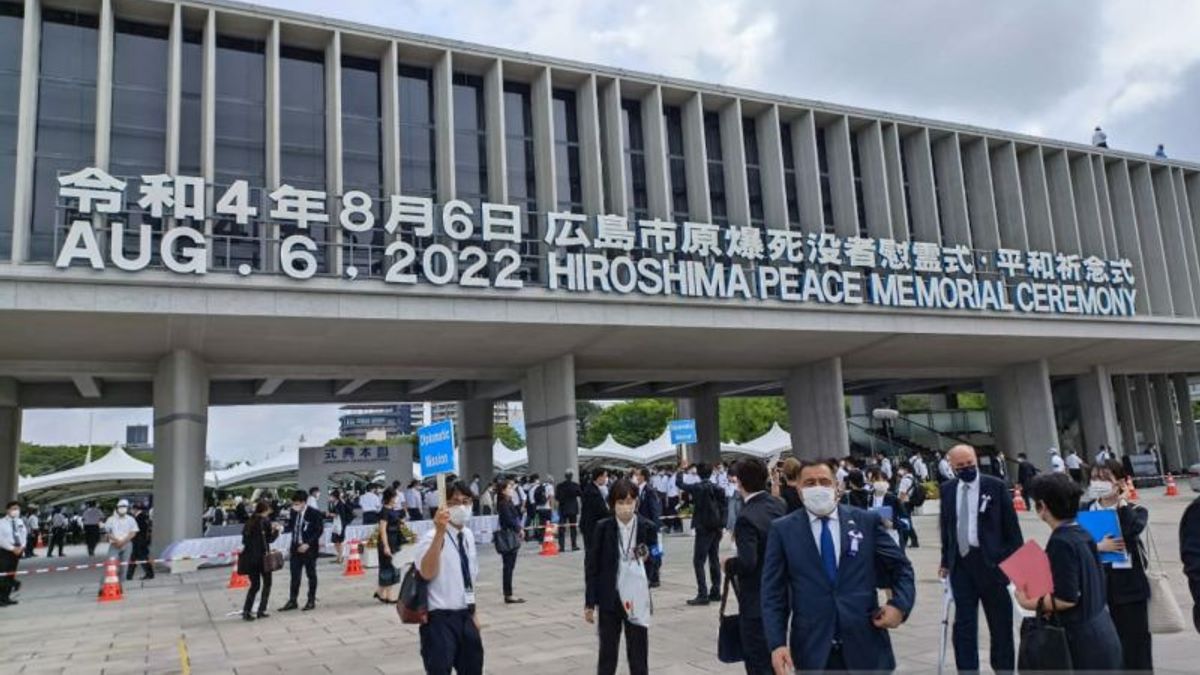JAKARTA - Indonesia calls on the international community to make concrete efforts to create a world free of nuclear weapons, said the Indonesian Ambassador to Japan and the Federated States of Micronesia Heri Akhmadi.
The statement was made by Heri in Tokyo, Sunday, regarding the 77th anniversary of the dropping of the atomic bomb on the city of Hiroshima on August 6, 1945.
According to him, the international community should be able to refrain from actions that are not conducive to the launch of nuclear weapons.
"As one of the countries that signed the Treaty on the Non-Proliferation of Nuclear Weapons, Indonesia calls for the United Nations to be more intense in warning about the humanitarian and environmental consequences if world countries do not comply with the NPT," he said, quoted by Antara.
The Nuclear Non-Proliferation Treaty (NPT) is an agreement between countries that have nuclear weapons not to help other countries produce these weapons.
This treaty strengthens the nuclear weapons states (NWS) and non-nuclear weapons states (NNWS) designated by the treaty to prevent further proliferation, promote cooperation in the fields of peace, use of nuclear technology, and work towards disarmament.
In other words, the NPT is the cornerstone of international efforts to reduce the threat of nuclear weapons.
The 77th anniversary of the dropping of the atomic bomb was held at the Hiroshima Peace Memorial Museum on Saturday (7/8).
The commemoration was attended by Prime Minister Fumio Kishida and United Nations Secretary General António Guterres, Governor Yuzaki Hidehiko, and Mayor of Hiroshima Kazumi Matsui, as well as representatives of more than 100 foreign representatives in Japan. Tokyo Sunan J Rustam attended the event. Around 1,000 people packed the Peace Memorial complex to attend the commemoration, which was held under strict health protocols.
In addition to a moment of silence at 08.15 - the time the atomic bomb fell on Hiroshima - other symbolic activities were also held, such as reading the declaration of peace, releasing doves, and laying wreaths.
On August 6, 1945, the city of Hiroshima was dropped by an atomic bomb by US troops. The second atomic bomb attack on Nagasaki on August 9, 1945 marked the end of the Second World War. Both events killed about 140,000 people in Hiroshima and 74,000 people in Nagasaki.
The English, Chinese, Japanese, Arabic, and French versions are automatically generated by the AI. So there may still be inaccuracies in translating, please always see Indonesian as our main language. (system supported by DigitalSiber.id)








